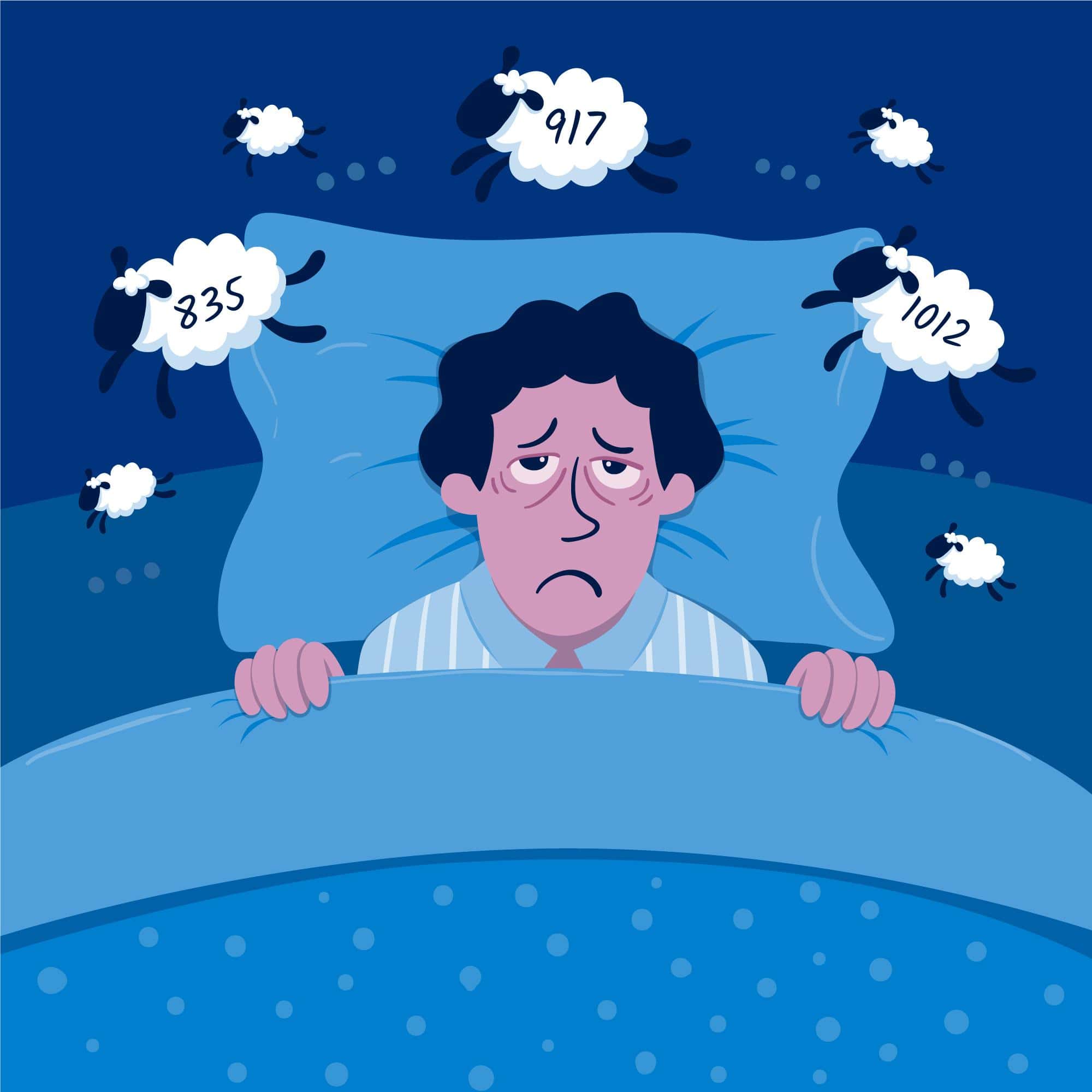
Untreated sleep apnoea can result in dangerous levels of sleepiness particularly relevant when operating heavy machinery or driving. The DVLA has explicit guidance on sleepiness, sleep apnoea and driving.
You can find the DVLA recommendations here.Untreated sleep apnoea can also result in increased risk of heart attacks, strokes and high blood pressure.
You can find out if you could have sleep apnoea with our simple questionnaire.Snoring is a sound produced by vibration of the soft tissue in the back of the throat during sleep. Almost everyone will snore intermittently. Habitual snoring is extremely common affecting nearly half of all men and a third of all women. Snoring by itself does not compromise breathing or oxygen levels in the blood.
Obstructive sleep apnoea is caused by partial or complete collapse of the muscles of the throat during sleep. People with OSA will almost always snore but not all snorers will have sleep apnoea. Other important symptoms to look for in people with sleep apnoea include witnessed episodes of apnoea where people stop breathing during the night, unrefreshed sleep and daytime sleepiness.
Sleep apnoea can be obstructive (OSA) or central (CSA).
You can read more about sleep disorders here.OSA is by far the more common condition and is related to obesity in the majority of cases. Therefore, losing weight will always help although it may not completely cure the condition. We usually recommend a Body Mass Index (BMI) below 30.
You can find out your BMI here.Continuous positive airway pressure (CPAP) is the most effective treatment for sleep apnoea. It can dramatically improve quality of sleep, daytime sleepiness and energy levels. We can set you up with state-of-the-art machines which can monitor the effectiveness of treatment on a daily basis with visual feedback that treatment is working.
Learn more about having a sleep study here.Around 80% accurate in diagnosing or ruling out the condition. This means, in around 1 in 5 patients, more comprehensive testing may be required which involves a more detailed study involving chest and abdominal bands and a leg lead. This is either due to subtle sleep apnoea or an alternative diagnosis. Selecting the right patient for the study is very important to improve the accuracy of the test which is why we ask you to fill out a comprehensive questionnaire before we decide on the type of study. Filling out the questionnaire as accurately as possible improves the likelihood of a definite diagnosis with the first test. In some cases, we may recommend a detailed sleep study right at the outset in order to avoid having two separate studies.
Learn more about CPAP here.Your doctor can fill out a referral form.
Alternately you can contact us directly requesting a sleep study.Before we decide on the type of study, you will be asked to fill out a detailed sleep questionnaire which will enable us to customise the study for you. Once this is done, the study kit will be posted out to you via recorded delivery along with detailed instructions on how to set up the kit at home. We ask that after wearing it for the test period overnight, you return the equipment as soon as possible in the pre-paid envelope provided so that your study can be analysed in a timely manner.
After scoring and analysis, a report will be sent to you with recommendations from the sleep consultant within 5 working days. Your refundable deposit will be returned to you.
It depends on the type of study.
Find out more about our fees.Only AXA insurance will cover sleep study costs. Other insurance companies either exclude sleep studies from policies or some may cover part of the costs. It is important you check with your insurance company before contacting us as we will require your insurance details before the test. Our company’s primary sleep consultant, Dr Sriram Iyer, is recognised by all major UK insurance companies as a specialist in Sleep Medicine.
Find out more about Dr Sriram Iyer here.Of course. We are pleased to offer video consultations over Skype where your symptoms can be discussed in greater detail. Please note that this will take place via Skype and will generally last 30-60 minutes. Dr Iyer will also be available via email for any further queries about your condition.
Find out more about our fees.